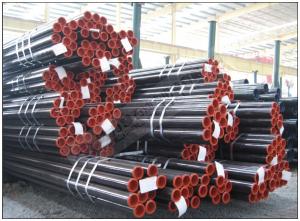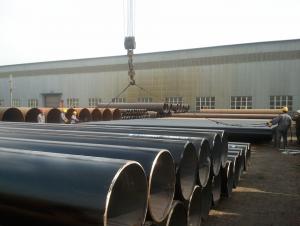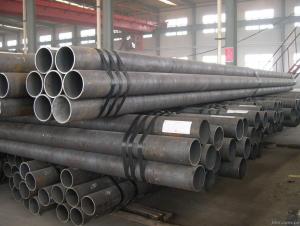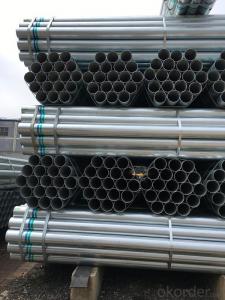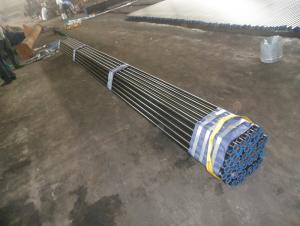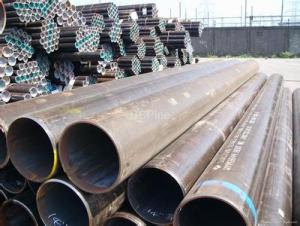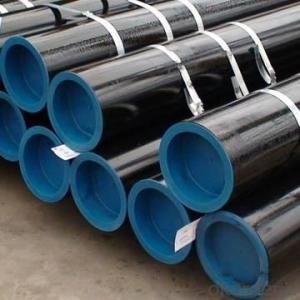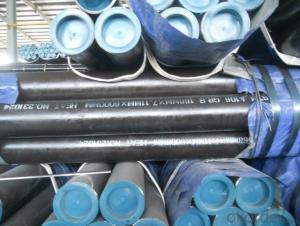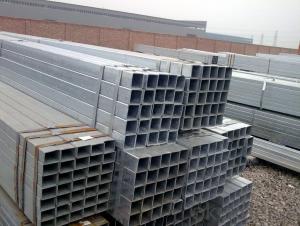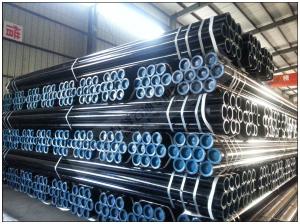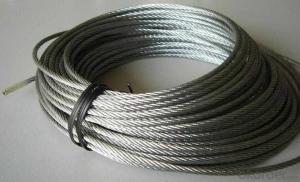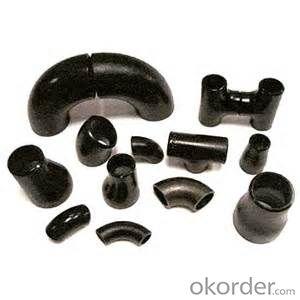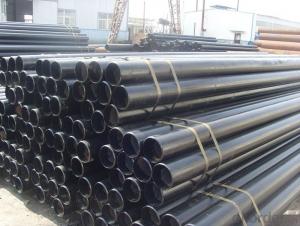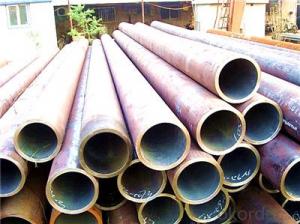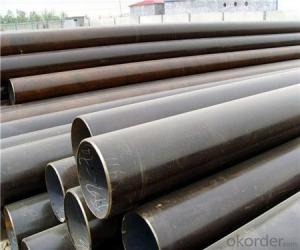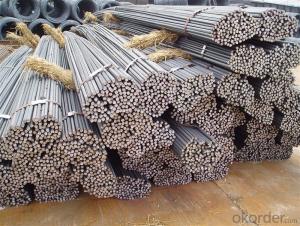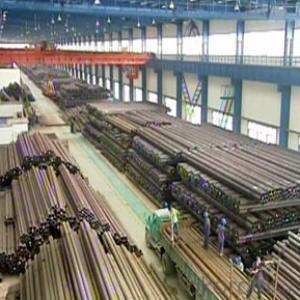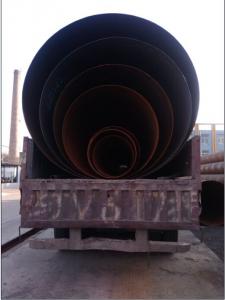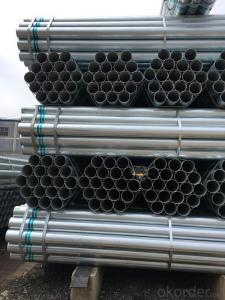All Categories
- - Steel Wire Rod
- - Steel Coils
- - Steel Profiles
- - Steel Pipes
- - Stainless Steel
- - Tinplate
- - Special Steel
- - Steel Sheets
- - Steel Rebars
- - Steel Strips
- - Hot Rolled Steel
- - Cold Rolled Steel
- - Pre-painted Steel
- - Seamless Steel Pipe
- - Welded Steel Pipe
- - Hollow Steel Tubes
- - Galvanized Pipe
- - Stainless Steel Coil
- - Stainless Steel Sheet
- - Stainless Steel Plate
- - Stainless Steel Strips
- - Electrolytic Tinplate Coil
- - Electrolytic Tinplate Sheet
- - Stainless Steel Rebars
- - Solar Panels
- - Solar Water Heater
- - Solar Related Products
- - Solar Inverter
- - Solar Cells
- - Solar Light
- - Solar Energy Systems
- - Solar Controllers
- - Solar Mounting System
- - Solar Pump
- - Solar Chargers
- - Fiberglass Chopped Strand
- - Fiberglass Mesh Cloth
- - Composite Pipes
- - FRP Pultrusion Profiles
- - Fiberglass Mat Tissue
- - Fiberglass Fabrics
- - Fiberglass Mesh
- - Composite Tank
- - Fiberglass Mesh tape
- - Polymer
- - FRP Roofing Panel
- - Fiberglass Roving
- - Monolithic Refractories
- - Ceramic Fiber Products
- - Refractory Bricks
- - Raw Materials For Refractory
- - Suspended Platform
- - Cranes
- - Concrete Machinery
- - Earthmoving Machinery
- - Building Hoist
- - Road Building Machinery
- - Plastic Pipe Fittings
- - Plastic Tubes
- - Plastic Sheets
- - Agricultural Plastic Products
- - Plastic Nets
 All Categories
All Categories
Q & A
How are steel pipes integrated into the manufacturing of industrial machinery and equipment?
Steel pipes are commonly integrated into the manufacturing of industrial machinery and equipment as they provide a strong and durable framework for various components. These pipes are used to create structural supports, convey fluids and gases, and facilitate the movement of materials within the machinery. Additionally, steel pipes can withstand high temperatures and pressures, making them ideal for applications that require reliable and efficient operation.
What is the impact of soil composition and acidity on the corrosion of buried steel pipelines?
The soil composition and acidity have a significant impact on the corrosion of buried steel pipelines. Different types of soil contain varying levels of moisture, oxygen, and corrosive agents such as salts, sulfates, and chlorides. These substances can accelerate the corrosion process by promoting the formation of corrosion cells on the steel surface. Additionally, the acidity of the soil influences the corrosion rate as acidic environments tend to corrode steel more rapidly. Therefore, understanding the soil composition and acidity is crucial in assessing the corrosion risks and implementing appropriate protective measures to ensure the longevity and integrity of buried steel pipelines.
How do steel pipes contribute to the construction of energy-efficient buildings and HVAC systems?
Steel pipes contribute to the construction of energy-efficient buildings and HVAC systems in multiple ways. Firstly, steel pipes are highly durable and have a long lifespan, ensuring the longevity of the building's infrastructure and reducing the need for frequent repairs or replacements. This durability also helps to minimize energy loss by preventing leaks or cracks in the HVAC system, which can lead to increased energy usage. Additionally, steel pipes have excellent thermal conductivity, allowing for efficient heat distribution and minimizing heat loss during the heating or cooling process. The smooth interior surface of steel pipes also facilitates the smooth flow of air or fluids, reducing energy consumption by reducing friction. Overall, the use of steel pipes in energy-efficient buildings and HVAC systems contributes to improved energy performance, reduced operating costs, and enhanced environmental sustainability.
Wholesale Steel Pipes from supplier in Malaysia
With a strong focus on customer satisfaction, we strive to provide timely and efficient solutions to meet your specific Steel Pipes requirements. Whether you are in need of seamless pipes, welded pipes, galvanized pipes, or any other type of steel pipes, we have you covered. Our wide network of trusted suppliers allows us to source high-quality products at competitive prices.
In addition to our sales services, we also offer comprehensive quotations to ensure transparency and help you make informed decisions. Our team of experts is always ready to assist you with any technical support you may require, from product selection to installation guidance.
Being a subsidiary of CNBM, a Fortune Global 500 company, we have the advantage of leveraging our parent company's vast resources and expertise. This enables us to provide end-to-end procurement services, ensuring a seamless and hassle-free experience for our customers.
We take pride in our extensive product portfolio that caters to various industries, including oil and gas, construction, infrastructure, and manufacturing. Our dedication to quality and reliability has earned us a strong reputation in the market, making us a trusted partner for all your Steel Pipes needs in Malaysia.
Contact us today to discuss your requirements and let us assist you in finding the best Steel Pipes solutions for your projects.
In addition to our sales services, we also offer comprehensive quotations to ensure transparency and help you make informed decisions. Our team of experts is always ready to assist you with any technical support you may require, from product selection to installation guidance.
Being a subsidiary of CNBM, a Fortune Global 500 company, we have the advantage of leveraging our parent company's vast resources and expertise. This enables us to provide end-to-end procurement services, ensuring a seamless and hassle-free experience for our customers.
We take pride in our extensive product portfolio that caters to various industries, including oil and gas, construction, infrastructure, and manufacturing. Our dedication to quality and reliability has earned us a strong reputation in the market, making us a trusted partner for all your Steel Pipes needs in Malaysia.
Contact us today to discuss your requirements and let us assist you in finding the best Steel Pipes solutions for your projects.
